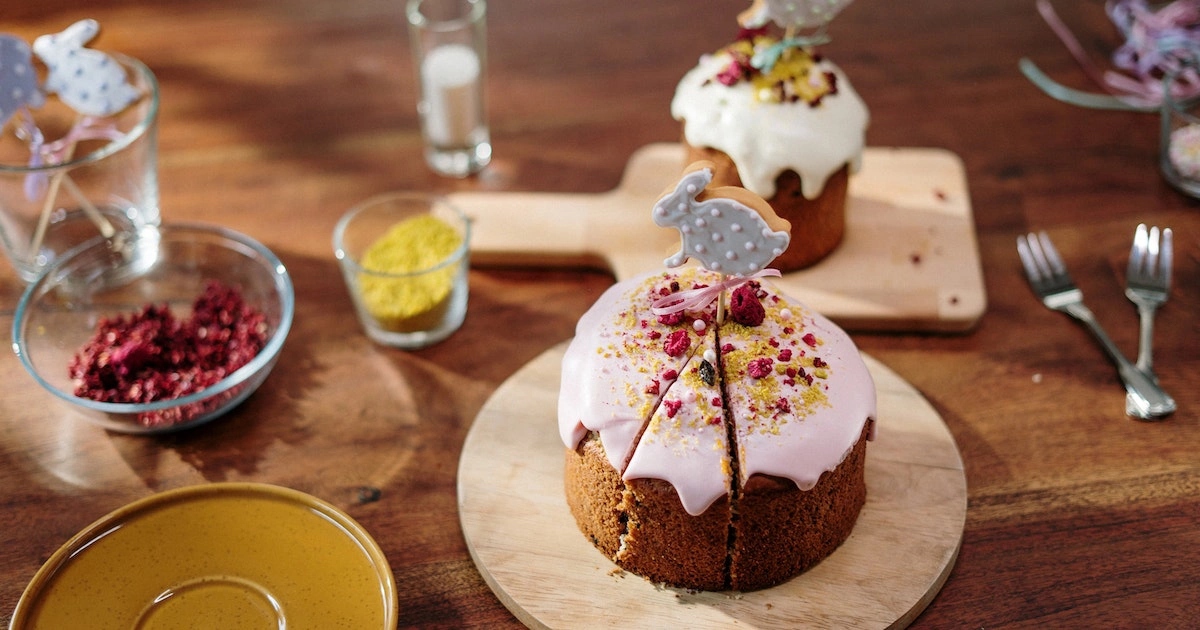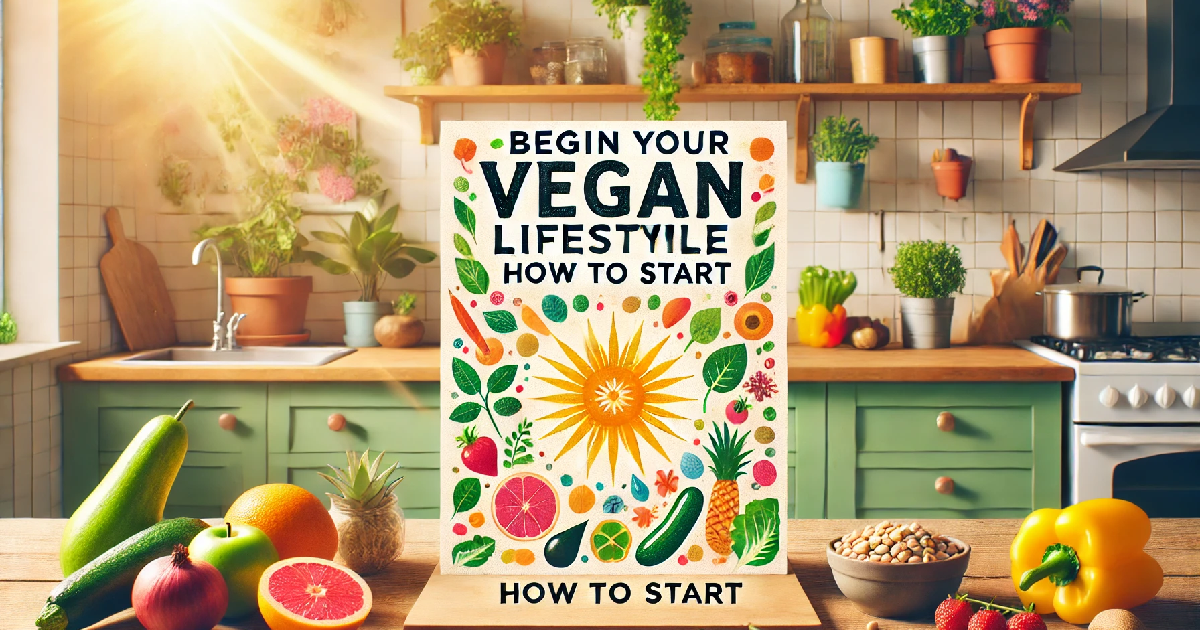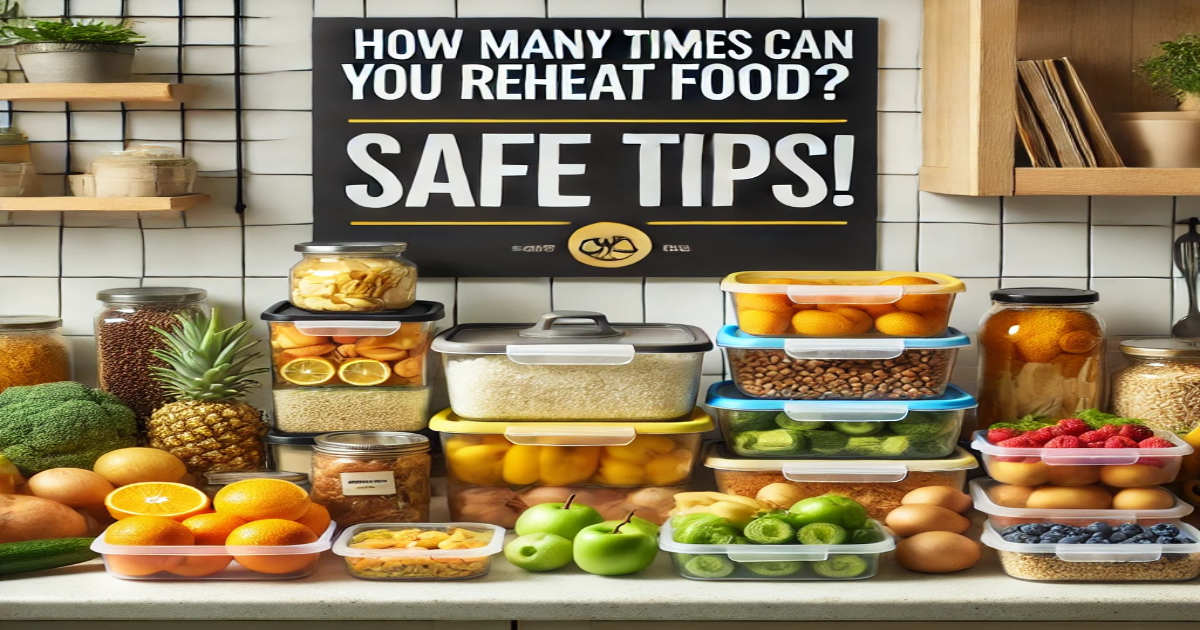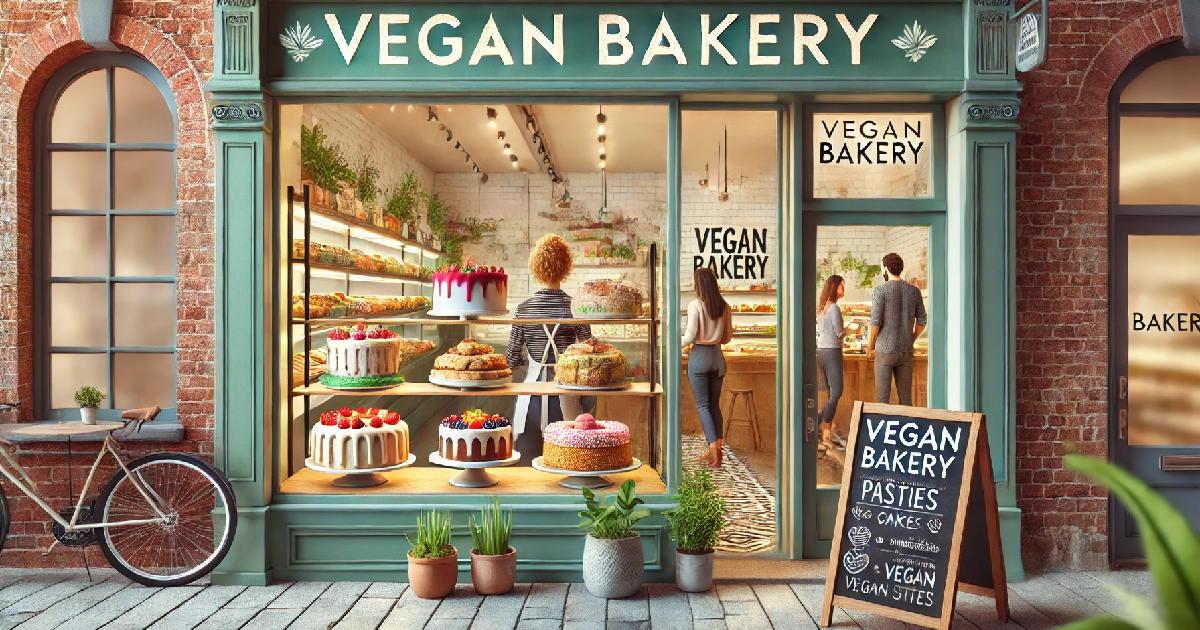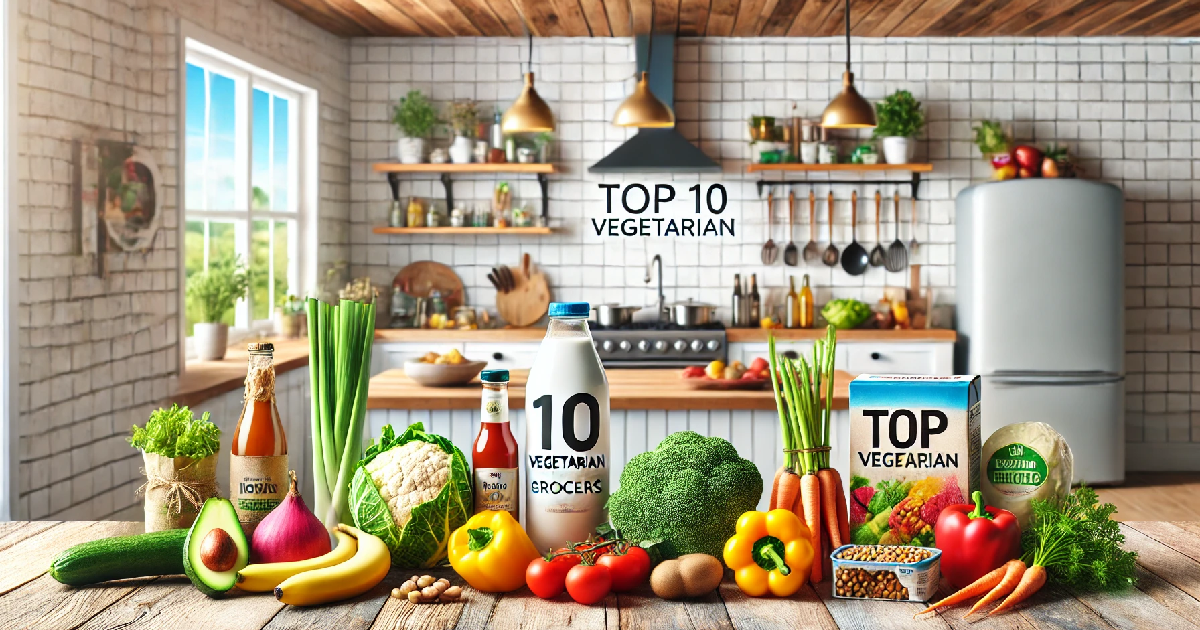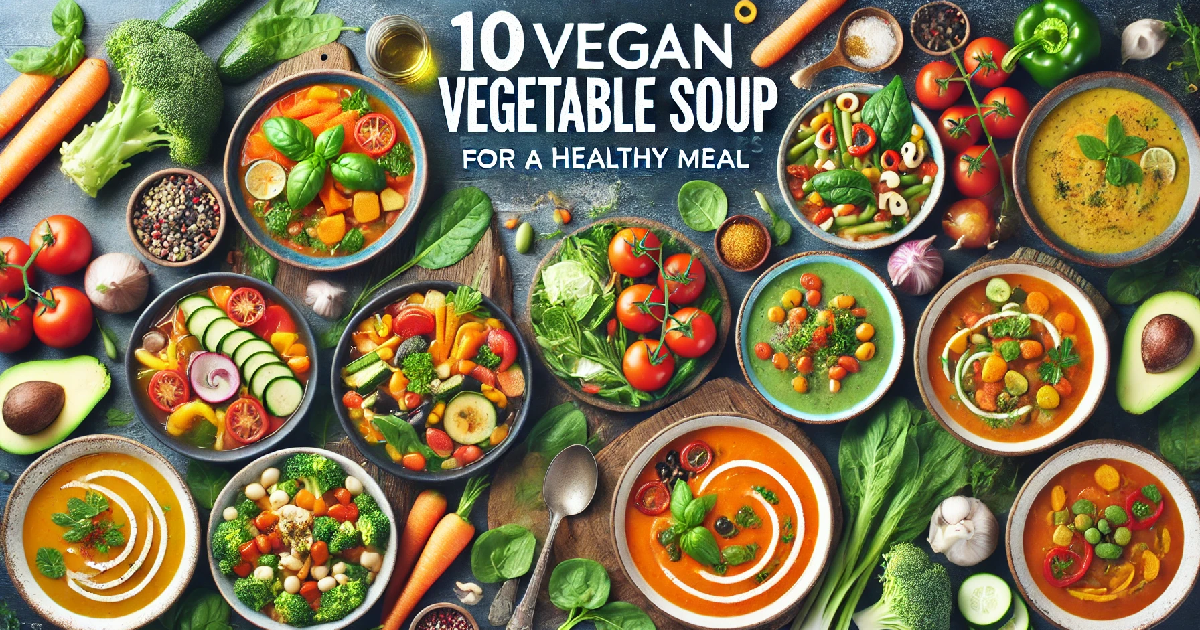Introduction
In recent years, vegan baking has exploded in popularity, captivating the hearts and taste buds of food enthusiasts worldwide. As more people embrace plant-based lifestyles, the demand for delicious vegan treats has soared, creating a golden opportunity for aspiring bakers. If you’ve ever dreamed of combining your passion for baking with a commitment to cruelty-free living, now is the perfect time to learn how to start a vegan bakery.
Imagine the aroma of freshly baked vegan sourdough bread wafting through your kitchen, or the satisfaction of seeing customers enjoy your vegan garlic bread at a local farmers’ market. Whether you’re planning to launch a bakery from home, start a bakery with no money, or set up a bakery food truck, this comprehensive guide will walk you through every step of the journey.
Starting a vegan bakery isn’t just about mastering recipes for vegan zucchini bread or vegan eggy bread; it’s about understanding the business side, from creating a solid business plan to sourcing high-quality vegan ingredients. This guide will cover the essentials, including setting up your bakery, navigating legal requirements, and effectively marketing your unique offerings.
By the end of this guide, you’ll be equipped with the knowledge and confidence needed to turn your vegan bakery dreams into reality. So, let’s dive in and explore the exciting world of vegan baking, where delicious and ethical treats await!
How to Start a Vegan Bakery
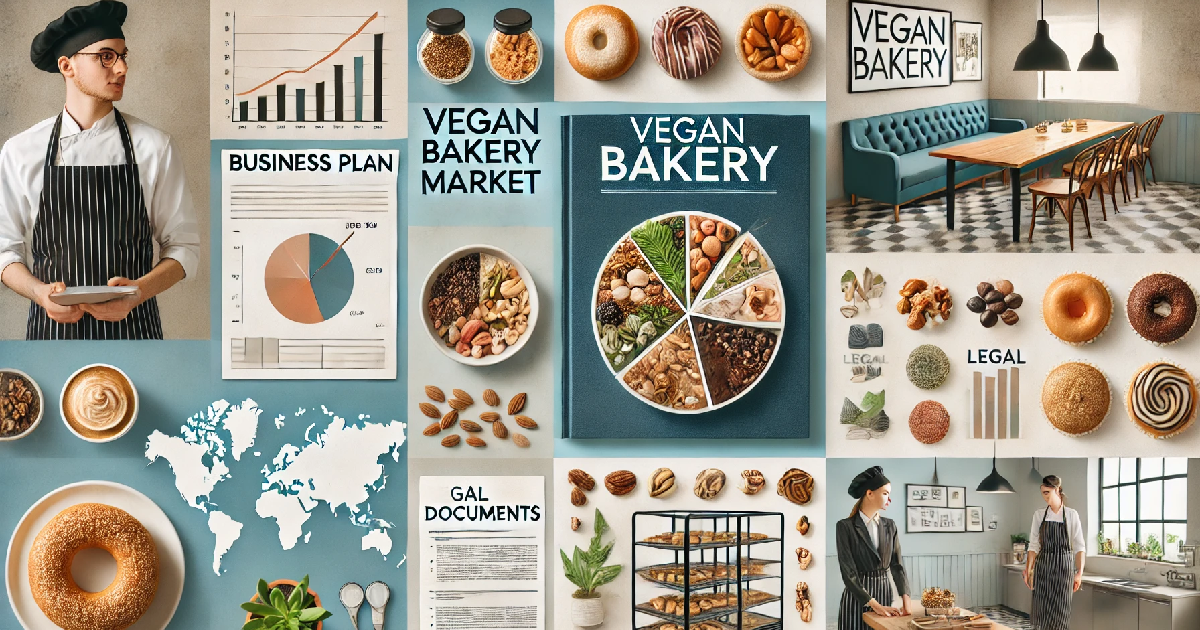
Understanding the Vegan Bakery Market
Researching demand and competition is the first crucial step in starting a vegan bakery. Analyze local and online markets to understand the popularity of vegan baked goods. Identify existing competitors and study their offerings, pricing, and customer base to find gaps and opportunities in the market.
Identifying your target audience is equally important. Determine who your ideal customers are by considering factors like age, dietary preferences, and lifestyle choices. Understanding your audience helps tailor your products and marketing strategies to meet their specific needs and preferences.
Creating a Business Plan
Outlining your vision and goals provides a roadmap for your vegan bakery. Define your mission, the unique selling points of your bakery, and your long-term objectives. A clear vision guides your decisions and keeps you focused on your goals.
Financial planning and budgeting are essential to ensure the sustainability of your business. Estimate your startup costs, including equipment, ingredients, marketing, and operating expenses. Create a detailed budget and forecast your revenue and expenses to manage your finances effectively.
Legal Requirements and Permits
Understanding local regulations is critical to operating a legal and compliant vegan bakery. Research the health and safety standards, zoning laws, and food handling regulations in your area. Compliance with these regulations ensures your bakery operates smoothly and avoids legal issues.
Obtaining necessary licenses and permits is a must before opening your bakery. Common requirements include food establishment permits, business licenses, and health department approvals. Check with your local authorities to ensure you have all the required documentation.
Finding the Perfect Location
Choosing between a physical store or a home-based bakery depends on your business model and resources. A physical store offers visibility and walk-in traffic, while a home-based bakery can reduce overhead costs. Consider your budget, target market, and long-term goals when making this decision.
Evaluate the pros and cons of different locations. A high-traffic area can attract more customers but may come with higher rent. Conversely, a home-based bakery offers flexibility but might limit your customer reach. Weigh the advantages and disadvantages to find the best fit for your business.
Setting Up Your Bakery
Essential equipment and supplies are the backbone of your vegan bakery. Invest in high-quality baking equipment, including ovens, mixers, and storage solutions. Stock up on baking essentials like pans, utensils, and packaging materials to ensure smooth operations.
Designing your bakery layout is crucial for efficiency and customer experience. Plan the arrangement of your kitchen, storage areas, and display sections to optimize workflow and create an inviting atmosphere. A well-thought-out layout enhances productivity and customer satisfaction.
Sourcing Vegan Ingredients
Finding reliable suppliers is key to maintaining the quality and consistency of your vegan baked goods. Research and connect with suppliers who offer high-quality, organic, and cruelty-free ingredients. Building strong relationships with suppliers ensures a steady supply of ingredients.
Prioritize organic, non-GMO, and ethically sourced ingredients to align with your vegan values. Sustainable sourcing practices benefit the environment and appeal to conscious consumers.
How to Start a Bakery from Home

Benefits and Challenges
Starting a bakery from home offers numerous advantages. One of the main benefits is the significant reduction in overhead costs, as you save on rent and utilities associated with a commercial space. Additionally, a home-based bakery provides flexibility, allowing you to set your own hours and manage work-life balance effectively.
However, there are also challenges to consider. Overcoming common obstacles such as limited space and ensuring compliance with local health regulations can be daunting. Moreover, marketing a home-based bakery requires creative strategies to reach potential customers without a physical storefront.
Setting Up a Home Kitchen
To set up a home kitchen for your bakery, you’ll need specific equipment and modifications. Essential equipment includes a high-quality oven, mixers, baking pans, and cooling racks. Consider investing in storage solutions to keep ingredients fresh and organized.
Adhering to food safety standards and maintaining cleanliness is essential to avoid contamination. Arrange your kitchen layout to optimize workflow, allowing for smooth transitions between baking, cooling, and packaging processes. This ensures productivity and maintains the quality of your vegan baked goods.
How to Start a Bakery with No Money
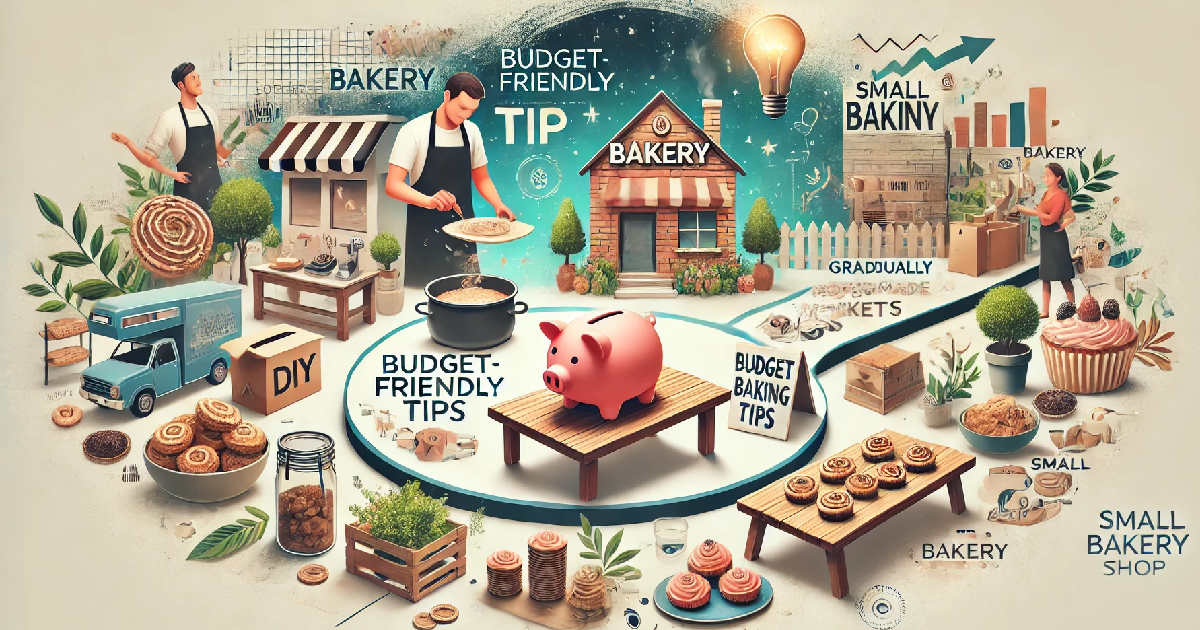
Budget-Friendly Tips
Starting a bakery with no money might seem daunting, but it’s entirely possible with some creative strategies. Finding low-cost or free resources is the first step. Utilize free online courses and tutorials to enhance your baking skills and business knowledge. Look for second-hand equipment or tools from local businesses or online marketplaces at a fraction of the cost.
Leveraging community support and crowdfunding can provide the necessary funds to kickstart your vegan bakery. Reach out to friends, family, and local communities who might be interested in supporting your venture. Platforms like Kickstarter or GoFundMe can help you raise funds by offering potential customers the promise of future products or exclusive deals.
Growing Your Business Gradually
Starting small and scaling up is a practical approach when you have limited financial resources. Begin by offering a few select products, such as vegan sourdough bread or vegan garlic bread, to test the market. This allows you to focus on quality and customer satisfaction without overwhelming your budget.
Reinvesting profits is crucial for growth. As your vegan bakery generates revenue, reinvest the profits into your business. This could include purchasing new equipment, expanding your product range, or enhancing your marketing efforts. By gradually increasing your investments, you can sustainably grow your bakery without taking on significant financial risks.
How to Make Vegan Bread Products
Vegan Naan Bread Recipe

Making vegan naan bread is simpler than you might think. Begin by mixing flour, yeast, sugar, salt, and plant-based yogurt in a bowl. Add warm water gradually to form a soft dough, then knead for about 10 minutes until smooth.
Let the dough rise in a warm place until it doubles in size. Divide the dough into small balls, roll them out, and cook on a hot griddle until bubbles form. Flip and cook the other side until golden brown.
For perfect naan, ensure your dough is well-kneaded and let it rest adequately. Use a hot griddle or skillet for even cooking, and brush the naan with vegan butter for added flavor.
Vegan Garlic Bread Recipe

Start with a loaf of your favorite vegan bread, ideally a baguette or Italian bread. Mix softened vegan butter with minced garlic, chopped parsley, and a pinch of salt.
Spread the garlic butter mixture generously on the bread slices. Bake in a preheated oven at 375°F (190°C) for about 10-15 minutes, or until the bread is crispy and golden.
Serve the vegan garlic bread warm. It pairs well with pasta, salads, or as a standalone appetizer. For extra flavor, sprinkle some nutritional yeast or vegan cheese on top before baking.
Vegan Sourdough Bread Recipe
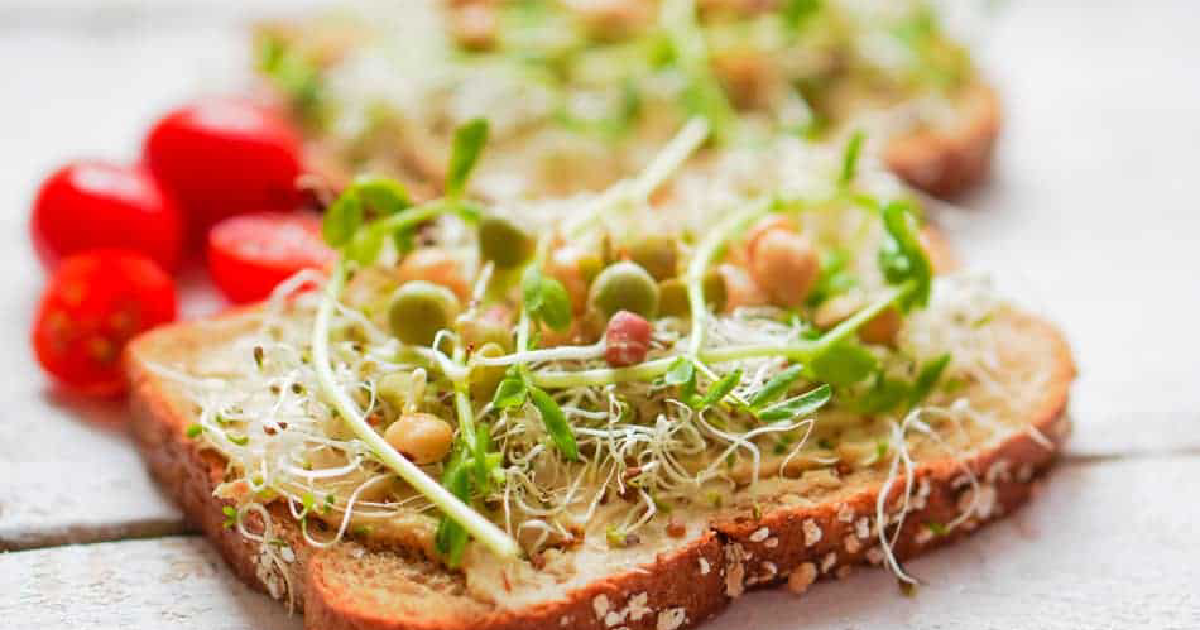
Creating vegan sourdough bread starts with preparing the starter. Mix equal parts of flour and water in a jar and let it sit at room temperature. Feed the starter daily with more flour and water until it becomes bubbly and active.
For the dough, combine the starter with flour, water, and salt. Knead until the dough is smooth and elastic. Allow it to rise until it doubles in size, then shape it into a loaf and place it in a proofing basket.
Preheat your oven with a Dutch oven inside to ensure it’s very hot. Transfer the dough into the Dutch oven, cover, and bake at 450°F (230°C) for 20 minutes. Remove the lid and bake for another 20-25 minutes until the crust is golden and crisp.
By mastering these recipes, you can offer a variety of delicious vegan bread products that will delight your customers and showcase your baking skills.
How to Start a Bakery Food Truck
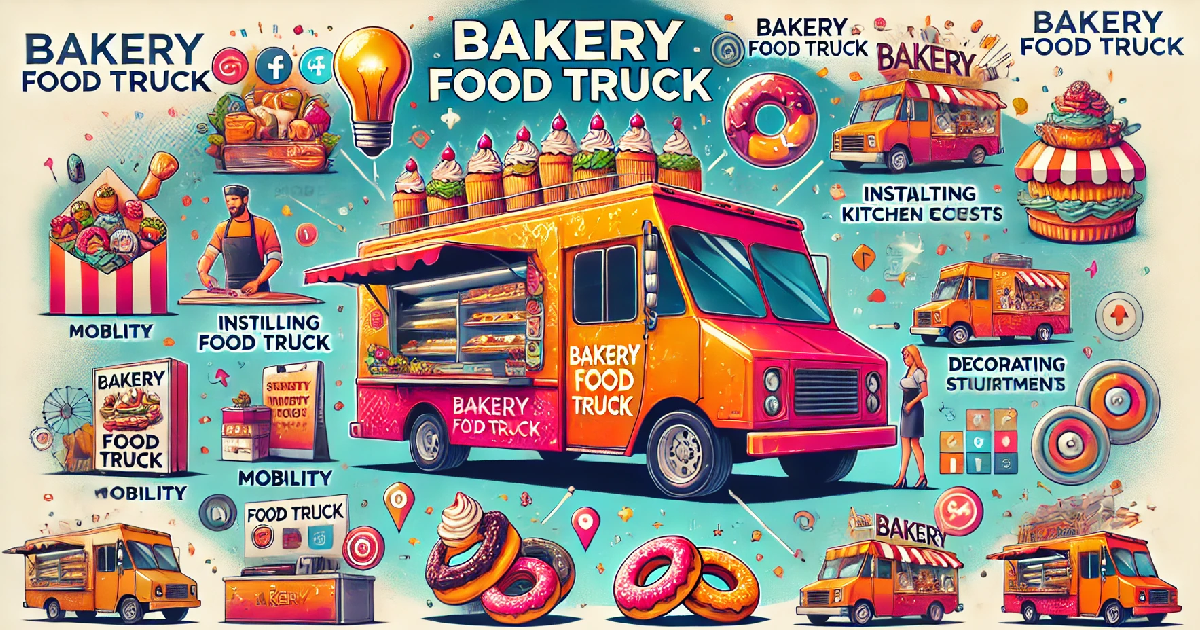
Benefits of a Bakery Food Truck
Starting a bakery food truck offers several key benefits. Flexibility and mobility are major advantages, allowing you to bring your vegan baked goods directly to your customers. You can travel to different locations, participate in events, and adjust your route based on demand.
Lower startup costs make a food truck an attractive option compared to a traditional brick-and-mortar bakery. You can save on rent, utilities, and other overhead expenses. Additionally, the initial investment in a food truck is typically less than setting up a full-scale bakery.
Setting Up Your Food Truck
Setting up your food truck requires careful planning and the right equipment. Necessary equipment includes ovens, refrigerators, and storage for ingredients and supplies. Ensure your truck is equipped with a generator or a reliable power source to keep your equipment running smoothly.
Modifications to the truck should be tailored to your specific needs. Install shelves and counters that maximize space and efficiency. Make sure to have a proper ventilation system to maintain a safe working environment.
Familiarize yourself with local health codes and ensure your truck meets all requirements. This includes having proper sanitation facilities, temperature controls, and food handling procedures.
Marketing Your Food Truck
Marketing your food truck effectively is essential for attracting customers on the go. Use eye-catching graphics and a memorable name to make your truck stand out. Clear signage with your menu and prices can attract passersby.
Use social media and local events to boost your visibility. Regularly update your social media accounts with your location, special offers, and mouth-watering photos of your vegan baked goods. Participate in local markets, festivals, and food truck rallies to reach a broader audience.
Engage with the community through these platforms to build a loyal customer base. Encourage satisfied customers to leave reviews and share their experiences online to attract more business.
Conclusion
Starting a vegan bakery is a rewarding journey that combines a passion for baking with a commitment to cruelty-free living. We’ve covered essential steps, from understanding the market and creating a solid business plan to setting up your bakery and sourcing high-quality vegan ingredients. Whether you’re starting from home, with no money, or launching a food truck, the opportunities are vast and exciting.
As you take your first steps, remember that every successful bakery began with a single idea and the courage to pursue it. Embrace the challenges and celebrate the milestones along the way. Your vegan bakery not only has the potential to thrive as a business but also to make a positive impact on your community and the environment.
For more resources and delicious vegan recipes, explore our blog further. Each post is designed to support and inspire you on your journey. Now, as you stand at the threshold of this exciting venture, ask yourself: How will your vegan bakery change the world?
Every loaf you bake, every customer you delight, brings you closer to making a significant difference. Seize this opportunity to create something meaningful and delicious. Your future vegan bakery awaits—let’s make it a reality!
FAQs
1. How much does it cost to start a vegan bakery?
The cost to start a vegan bakery can vary widely. Initial investments typically range from $10,000 to $50,000. Factors influencing the cost include location, equipment, and the scale of your operations. Starting a bakery from home or opting for a food truck can significantly reduce initial expenses compared to a traditional brick-and-mortar store.
2. What are the most popular vegan bakery items?
Popular vegan bakery items include a variety of delicious treats. Vegan cupcakes, cookies, sourdough bread, and specialty cakes are among the top favorites. Additionally, vegan garlic bread, naan bread, and other innovative vegan recipes are gaining popularity, offering a wide range of options to attract customers.
3. Do I need a special license to sell vegan baked goods?
Yes, you will need standard food business permits and licenses to sell vegan baked goods. These requirements vary by location, so it’s essential to research and comply with your local health department regulations. Obtaining the necessary licenses ensures your bakery operates legally and meets health and safety standards.
4. Can I start a vegan bakery without prior baking experience?
Yes, you can start a vegan bakery without prior baking experience. Many successful bakery owners began as home bakers, learning through trial and error. To enhance your skills, consider taking baking courses or gaining experience by working in a bakery. Continuous learning and practice will help you perfect your recipes and techniques.
5. How can I market my vegan bakery?
Marketing your vegan bakery effectively is crucial for attracting customers. Utilize social media platforms to showcase your baked goods, share behind-the-scenes content, and engage with your audience. Participate in local events, farmers’ markets, and collaborate with vegan influencers to increase visibility. Offering samples and engaging in community activities can also help build a loyal customer base.





